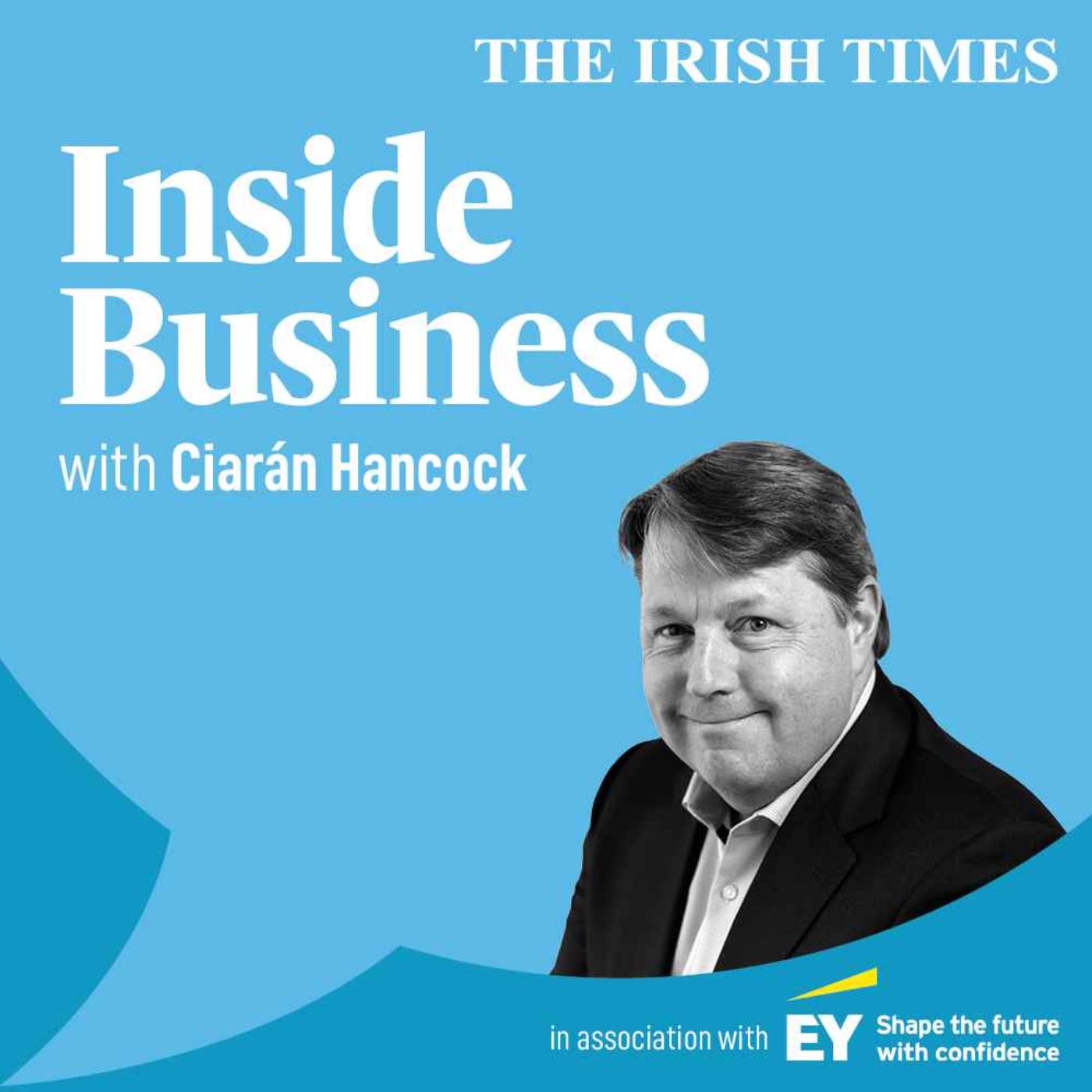Irish publicly quoted companies are on track to spend an estimated record €6.9 billion buying back their own shares this year, in a sign of confidence over their own prospects, according to Irish Times calculations.
The figure is up from €5.9 billion spent by such Irish companies last year, including companies listed in Dublin, London and New York. Joe Brennan has the details.
Talks have yet to start on a new medicines pricing agreement less than a month before the existing accord expires.
Industry sources say they have little interest in any new agreement unless guarantees can be provided that new medicines will be assessed within the 180-day time frame set down in legislation as far back as the 2013 Health Act.
The current four-year agreement expires on September 30th. Dominic Coyle reports.
More than a quarter of primary school-aged children are interacting with AI-enabled chatbots, a new survey has found, sparking concerns over the risks of unsupervised access to the technology.
The research also cast doubt on the efficacy of age verification systems in place to help prevent under-age children from accessing social media services, writes Ciara O’Brien.
The Irish banking sector has called for the Central Bank to be given a formal competition mandate and hold back on topping up EU rules, saying “it is time for a reset” after years of intense European financial forms in the wake of the financial crisis.
Banking & Payments Federation Ireland (BPFI) is seeking a legislative change to explicitly introduce and formalise a competition mandate for the Central Bank of Ireland. Joe Brennan reports.
 Why is the delivery of vital infrastructure so slow in Ireland?
Why is the delivery of vital infrastructure so slow in Ireland?
Irish venture capital investment slowed in the second quarter of the year as global economic uncertainty around US import tariffs lead to cautious investments after a strong start to the year, a KPMG report has found.
The Big Four accountancy firm’s international measure of venture capital investment, the Venture Pulse report, found that investments fell sharply in the second quarter of the year. Hugh Dooley reports.
Who wouldn’t like to pack in the day job and head off on extended holidays at home or abroad, spend more time with family, or in the garden?
The problem is, finishing up work earlier than the mandated age of 65/66 is not easy, given that it inevitably means smaller pensions and longer life expectancy in retirement. So, it requires careful planning. After all, leaving your job at 55 may mean funding yourself for a further 40 years.
Here are some common traits financial advisers say those who do achieve it share, writes Fiona Reddan in Your Money.
For more than half a century, the Radio Centre on RTÉ’s Montrose campus was, as the name suggested, the beating heart of Irish broadcasting. Ronnie Tallon’s 1971 smoked-glass sunken cube thrummed throughout the day with comings and goings, as taxis and State cars ferried celebrities and politicians to their encounters with the country’s most famous presenters.
These days it is a melancholy sight. The paving stones outside are cracked and discoloured, the shrubbery forlorn.
Inside, the corridors are hushed, the carpets shabby, the studios largely silent. Most of RTÉ Radio 1’s flagship programmes have relocated elsewhere on the campus, but the building itself – protected from redevelopment or sale by its listed status – feels like a physical expression of the broadcaster’s diminished stature, writes Hugh Linehan as Radio 1 gets to grips with the imminent departure of Claire Byrne.
Past performance is no guide to the future, yet many investors persist in treating it as the only compass.
Seventeen years to the month since Brian Cowen’s government was forced to guarantee the Irish banking sector, the legacy of the crash still lingers, says Cantillon, while noting that if Gabriel Makhlouf’s blog is anything to go by, the Central Bank governor would much rather talk about inflation than Israeli “war” bonds.
Fees, by contrast, are the one factor that reliably erodes returns, yet most investors barely notice them, writes Stocktake’s Proinsias O’Mahony.
US risk advisory business Kroll has acquired Kirby Healy, a Dublin-based corporate insolvency practice, for an undisclosed sum, while Irish-founded financial services firm Centralis has announced plans to more than double its workforce over the next five years, moving from 30 to more than 70. Eoin Burke-Kennedy reports.
If you’d like to read more about the issues that affect your finances try signing up to On the Money, the weekly newsletter from our personal finance team, which will be issued every Friday to Irish Times subscribers.
